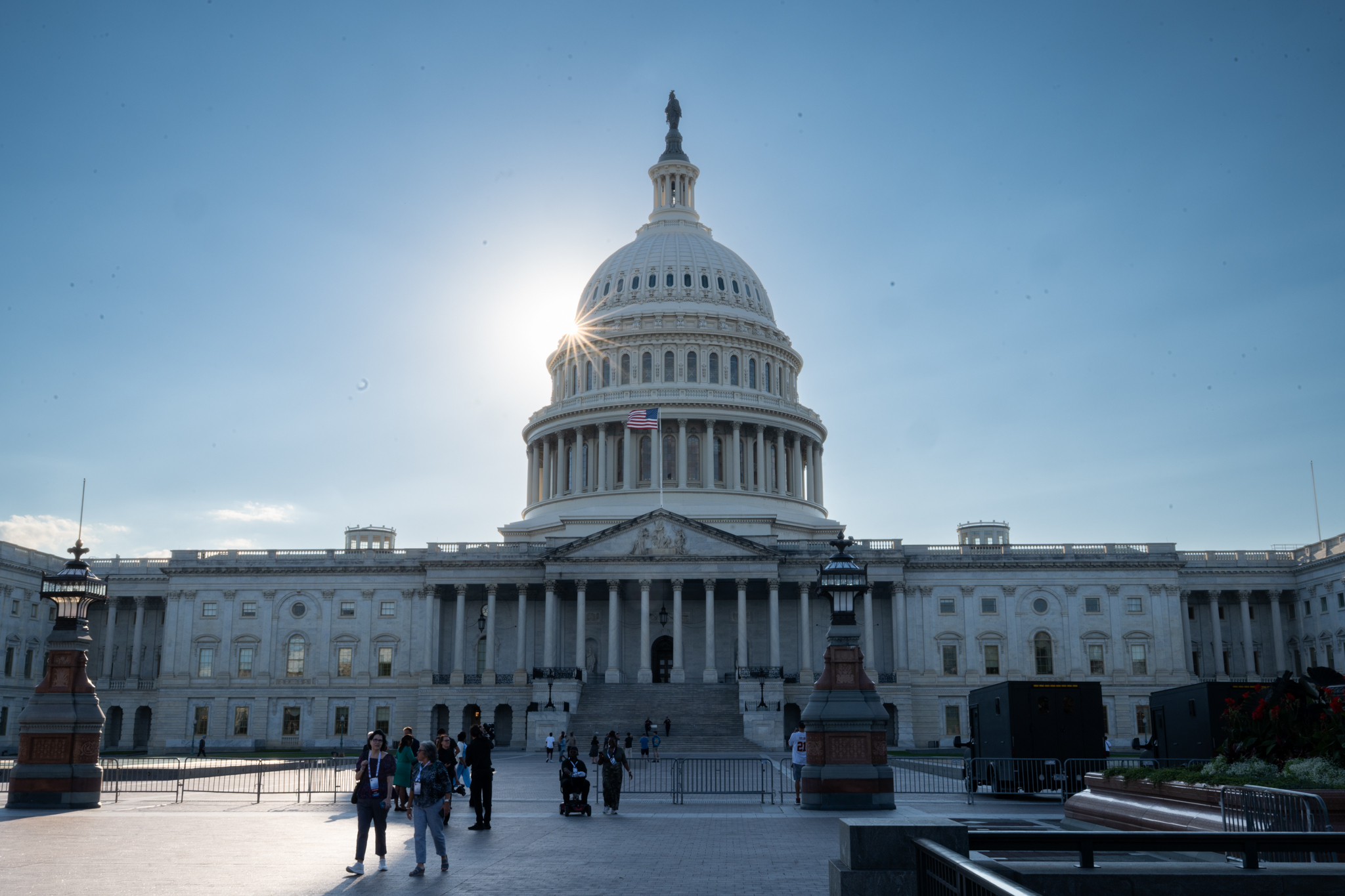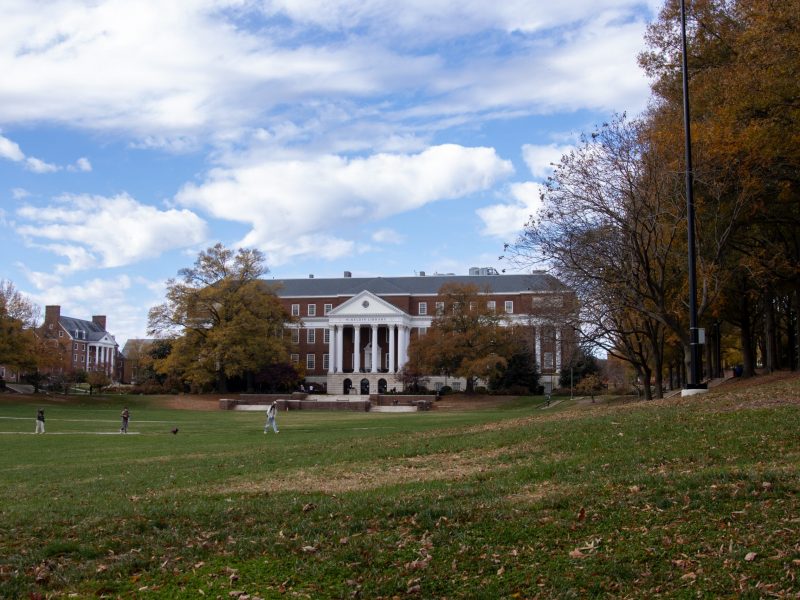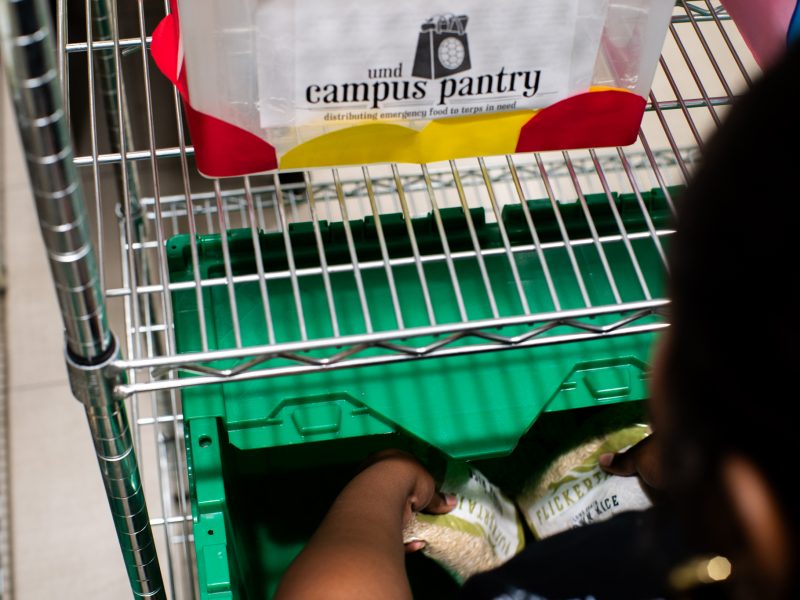The longest government shutdown in United States history came to an end Wednesday night.
The U.S. House of Representatives voted 222-209 to pass a funding package to end the 43-day shutdown and fund the government until Jan. 30. President Donald Trump then signed the funding bill just hours after the House sent it to his desk.
At least 670,000 federal employees have been furloughed since the shutdown began on Oct. 1 and about 730,000 continued to work without pay, according to the Bipartisan Policy Center.
The shutdown has left many Americans without Supplemental Nutrition Assistance Program benefits, or food stamps, since the Trump administration cut off the program in response. Benefits will be restored, but it might take more than 24 hours in some states to receive benefits, the Associated Press reported.
[Trump administration demands state leaders undo full SNAP payments]
Maryland Gov. Wes Moore said in a Wednesday statement that though the government has been reopened, healthcare costs will continue to rise and affect Maryland residents.
“Maryland is doing its job,” Moore said. “It’s time Donald Trump and Washington did theirs – without selling out the people they’re supposed to protect.”
Moore allocated $62 million to ensure full November SNAP benefits for Marylanders. He also declared a state of emergency to help address the impacts of the shutdown and issued $10 million in emergency funding to Maryland food security partners.
Maryland Sens. Chris Van Hollen and Angela Alsobrooks, who previously served as Prince George’s County executive, issued a joint statement on Oct. 30 with Maryland’s Democratic House representatives pledging support for Moore’s actions.
“We stand with the Governor and support this decision to help Marylanders put food on the table, as we continue fighting to reopen the government and end this shameful Republican shutdown,” the statement read.
University president Daryll Pines sent a letter to the University of Maryland community on Nov. 4 highlighting resources for students, faculty and staff to use during the pause in benefits, including the campus pantry.
Patrick O’Shea, this university’s vice president for research, shared in a statement just before the shutdown began that even after the government shutdown ends, there will still be some delays in the federal government funding.
[UMD experts say worse political gridlock is contributing to government shutdown’s length]
During the shutdown, employees could not receive new federal awards and the proposal review process for principal investigators was delayed.
The new funding package will protect federal workers against further layoffs through January and guarantees pay for them once the shutdown is over.
The shutdown has also resulted in the mass delay and cancellation of flights, after an increase in unpaid air traffic controllers calling out of work due to financial pressure, the Associated Press reported on Nov. 7. The Federal Aviation Administration issued an order on Nov. 6 that significantly cut the number of flights at 40 “high impact” airports including Baltimore-Washington International Airport, Dulles International Airport and Reagan National Airport. Flight cuts will stay at six percent as employees return to work, the Associated Press reported Wednesday.



